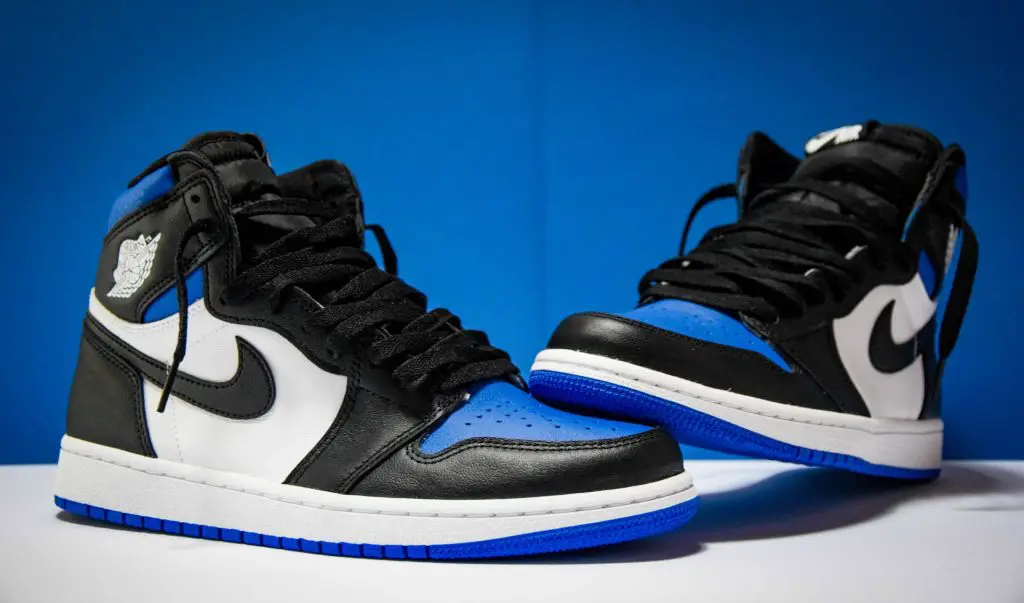Starting a sneaker business can be a lucrative entrepreneurial opportunity, especially considering the popularity and profitability of the footwear industry. However, establishing a successful business requires careful planning, dedication, and a keen understanding of the market. Here is a step-by-step guide on how to start a sneaker business:
Step 1: Understand the Market
Before diving into the sneaker business, it’s important to conduct thorough market research. Understand who your potential customers are, their preferences, the latest trends, and the competitive landscape. Look at popular brands, study successful sneaker store models, and assess demand. This information will help you find your niche in the sneaker market and plan your business accordingly.
Step 2: Define Your Unique Selling Proposition (USP)
Every successful business has a unique selling proposition that sets it apart from its competitors. Your USP can range from selling limited-edition sneakers, focusing on a specific brand, offering customized designs, or prioritizing eco-friendly and sustainable footwear. Your USP should align with your target customers’ needs and preferences.
Step 3: Develop a Business Plan
A business plan is a crucial step in establishing any business. It should outline your business objectives, target market, marketing strategy, and financial projections. Your business plan should also include details about your inventory, storage, suppliers, pricing strategy, and projected sales. A well-prepared business plan can also help you secure funding from investors or loans from banks.
Step 4: Secure Funding
Depending on the scale of your sneaker business, you might need to secure funding. You can explore options like personal savings, loans from financial institutions, investments from friends or family, crowdfunding, or finding an investor. It’s important to have a clear financial plan that includes your startup costs, operating costs, and a break-even analysis.
Step 5: Source Your Sneakers
Building relationships with reputable suppliers or wholesalers is critical for ensuring the quality of your sneakers and the stability of your supply chain. Depending on your business model, you may also want to establish relationships with individual collectors or limited edition retailers. Ensure that your inventory aligns with your target market’s preferences and is capable of driving demand.
Step 6: Set Up Your Store
You can choose to start a physical store, an online store, or both. For a physical store, you’ll need to consider location, store layout, and display. The location should be easily accessible to your target customers, and the layout should be attractive and efficient. If you opt for an online store, invest in a professionally designed, user-friendly website. You might also consider selling through online platforms like Amazon, eBay, or specialized sneaker marketplaces.
Step 7: Legal Considerations
Ensure you cover all legal aspects, including registering your business, getting a tax ID, and understanding any specific retail licenses or permits you need in your area. It’s also advisable to get insurance to protect your business from potential risks. Consulting with a legal expert can help you navigate these requirements.
Step 8: Marketing and Advertising
Effective marketing can make a significant difference in your business’s success. Your marketing strategy might include search engine optimization (SEO) for your website, social media marketing, email newsletters, influencer partnerships, and traditional advertising methods like print ads or outdoor banners. You can also host launch events or sales promotions to attract customers.
Step 9: Excellent Customer Service
Superior customer service is key to retaining customers and building a good reputation. Train your staff to be knowledgeable about the products, polite, and helpful. For online businesses, ensure that the purchase process is smooth, and customer queries and complaints are addressed promptly.
Step 10: Evaluate and Adapt
Finally, regularly review your business performance and adapt as needed. Track your sales, customer feedback, and overall progress towards your business goals. Stay informed about trends in the sneaker market and be ready to pivot your strategy as needed.
Starting a sneaker business can be an exciting venture, especially for those passionate about footwear. By thoroughly planning, securing the necessary resources, and continually adapting to meet your customers’ needs, you can establish a successful sneaker business in this booming industry. As with any business, it requires hard work, dedication, and patience, but the results can be immensely rewarding.







